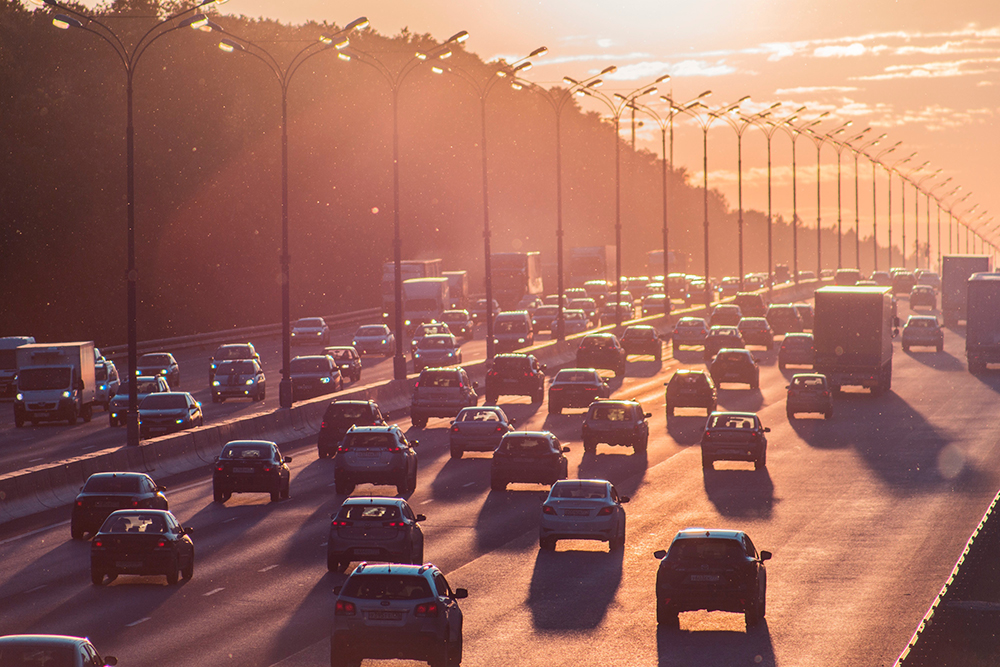In Britain’s Turkish-Cypriot community, early April was a period of anxious waiting. With a strong presence in Enfield, people of Turkish origin number around 500,000 in the UK, and, like many minorities, feel they have suffered disproportionately from the CO…
LONDON (Reuters) – In Britain’s Turkish-Cypriot community, early April was a period of anxious waiting. With a strong presence in Enfield, people of Turkish origin number around 500,000 in the UK, and, like many minorities, feel they have suffered disproportionately from the COVID-19 pandemic.
There is no data yet on the full extent of deaths in the community or to show if the death rate is higher than for other UK citizens. According to Ipek Ozerim, a community activist and journalist, the number of fatalities of Turkish origin is at least 137. That compares to 87 deaths among those of Turkish origin in Germany, which has a community of over 4 million.
No one is quite sure why the virus spread within the community. Hussain Hashim, a Turkish-Cypriot imam, said one reason is they are a close-knit community that is very family oriented, meaning the disease may have spread rapidly ahead of the lockdown. In the last few weeks, he has been the only person present at burials because all the close relatives of the deceased were sick with COVID-19.
On the frontline is the community funeral director, Erkin Guney, a bald-headed chairman of Shacklewell Lane Mosque in east London and known to most as ‘Egg.’
The first death in the community was of 61-year-old Ahmet Rait on March 15 in south London. By April 2, the outbreak was becoming severe. With the help of a local council, Guney installed two container freezers in the mosque’s front yard to deal with the influx of bodies. The freezers were covered by a large white gazebo, to avoid the gaze of neighbours. He also turned to Facebook to issue an appeal for body bags, after being told by several hospitals they had run out. A spokeswoman for the NHS in London said they have had a sufficient number of body bags.
Guney said that to prevent transmission of the virus, the COVID-19 deceased needed to be double-bagged, and picked up by his team in full-protective equipment. After phoning round, he eventually located a supplier for the bags.
“I work so hard to provide dignity,” he said in an interview at the mosque. But the disease, he said, robbed people of so much, including the traditional ways of washing, blessing and wrapping bodies and then displaying them for mourners to say their goodbyes.
The best he could do, he said, at the risk of releasing dangerous vapours, was to briefly unzip the body bag and take a photo of the face of the victim. “At least they can be satisfied it is their loved one in the coffin,” said Guney.
At a funeral later, on a community plot in Chadwell Heath, east London, Guney and his team lowered the body of Ozcan Aygin, 85, another member of the community, into the ground. A handful of mourners gathered round. A cemetery staffer hovered nearby to spray disinfectant and, in a break with normal tradition, the mourners were not allowed to fill in the earth.
reporting by Stephen Grey and Andrew MacAskill, editing by Janet McBride and Peter Hirschberg

